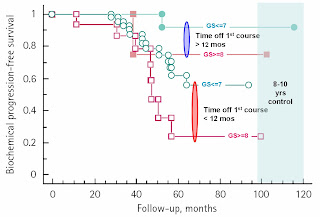Active Vitamin B12: You may not have enough!
Active B12 may be the cause of your poor memory or your tiredness or that burning in you feet. How can that be? What is active B12 anyway? Victor Herbert, M.D. (he should rest in peace) dedicated his life's research work to confirm the importance of active B12 in human health. I bet you that if you asked your private MD what active B12 is he would tell you he has no clue. Active B12 is that part of vitamin B12 in your blood that is usable; active as it were. That represents a small fraction of the total B12 and when a physician sends your blood to test for vitamin B12 deficiency the lab is not measuring the active fraction of B12 so there is no way your physician knows for sure whether you are vitamin b12 replete or deficient. Active vitamin B12 is actually that portion of B12 that is bound to a polypeptide called transcobalamin and when so bound the complex is termed holotranscobalamin II or just plain old holotranscobalamin . It is now apparent that patients with normal to
